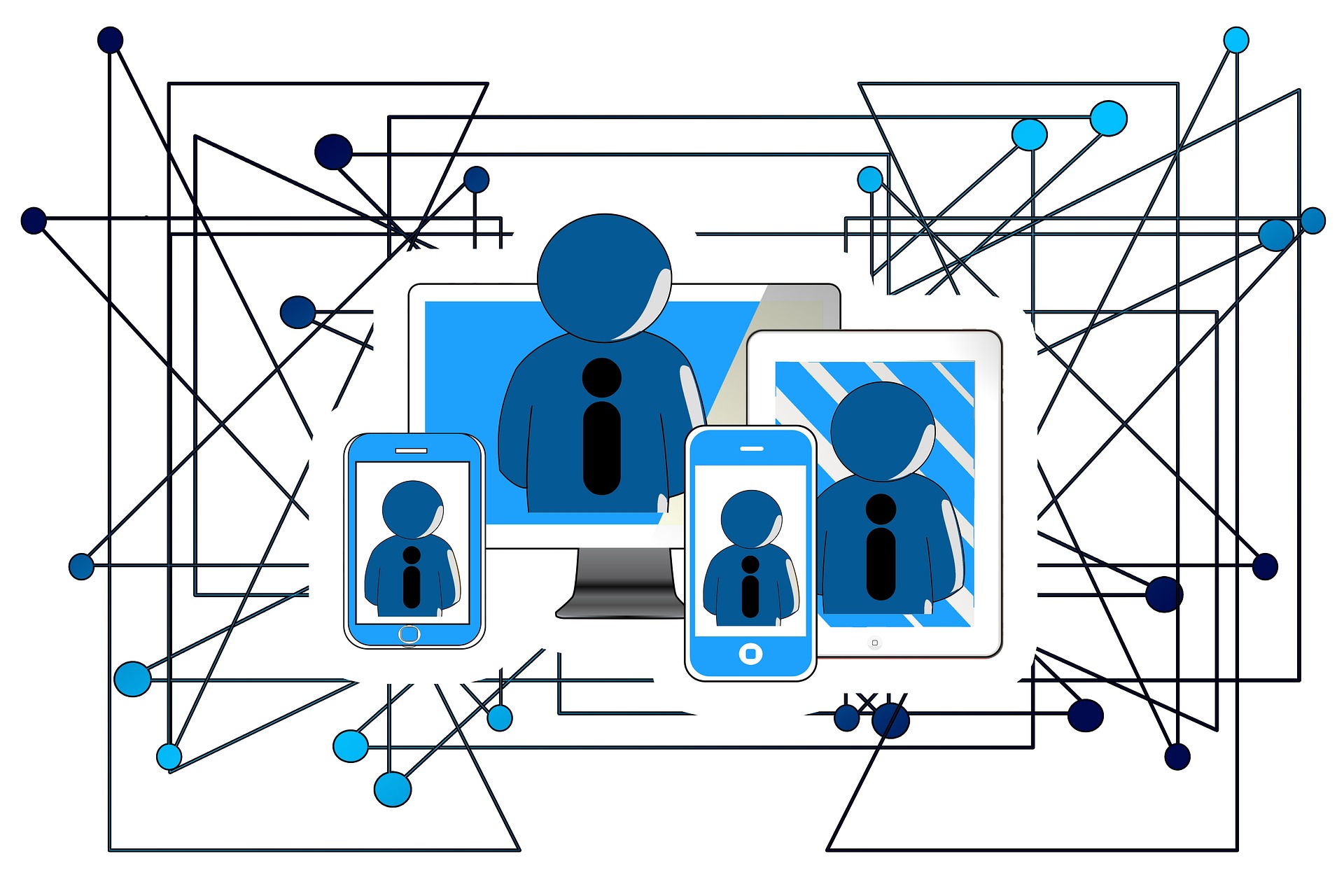Unveiling the Potential of Robotic Process Automation in Telecommunications
In the rapid-paced realm of telecommunications, there are constant shifts and advancements that are shaping the industry's future. One such disruptive technology is Robotic Process Automation (RPA), an automation tool that has been transforming various sectors, including telecommunications. This article will delve into the emergence of RPA in telecommunications, its current applications, and potential challenges.

The Emergence of Robotic Process Automation in Telecommunications
Robotic Process Automation is a technology that uses software robots or “bots” to emulate human actions and automate repetitive tasks. In the telecommunications industry, the advent of RPA has its roots in the late 2000s, when telecom companies were grappling with increasing customer demands and complex operations. With RPA, these companies found a way to streamline their processes and improve efficiency.
The Impact of RPA on Current Telecom Operations
Today, RPA plays a significant role in telecom operations. It helps in automating repetitive tasks such as billing, customer service, and network management, thereby reducing human errors and increasing productivity. It also enhances customer experience by reducing response times and ensuring 24/7 availability of services.
Regulatory Changes and Their Effect on RPA Implementation
Regulatory changes in the telecom industry often impact the adoption and implementation of new technologies like RPA. For example, regulations pertaining to data privacy and security can pose challenges for telecom companies looking to implement RPA. On the other hand, regulations that promote digital transformation and automation can facilitate the adoption of RPA.
Challenges and Practical Applications of RPA in Telecommunications
Despite its potential benefits, implementing RPA in telecommunications is not without challenges. These include integrating RPA with existing IT infrastructure, managing change within the organization, and ensuring data security. However, with a strategic approach, these challenges can be overcome. For instance, telecom companies can start with small-scale RPA projects before gradually scaling up.
The Future of RPA in Telecommunications
Looking ahead, RPA is set to play an even more significant role in the telecommunications industry. With advancements in artificial intelligence and machine learning, we can expect to see more intelligent and adaptable bots capable of handling complex tasks. This, in turn, will further enhance operational efficiency and customer service in the telecom sector.
In conclusion, Robotic Process Automation has been a game-changer for the telecommunications industry. While there are challenges to its implementation, the benefits it offers make it a technology worth investing in. As we move forward, it will be interesting to see how RPA continues to shape the future of telecommunications.




